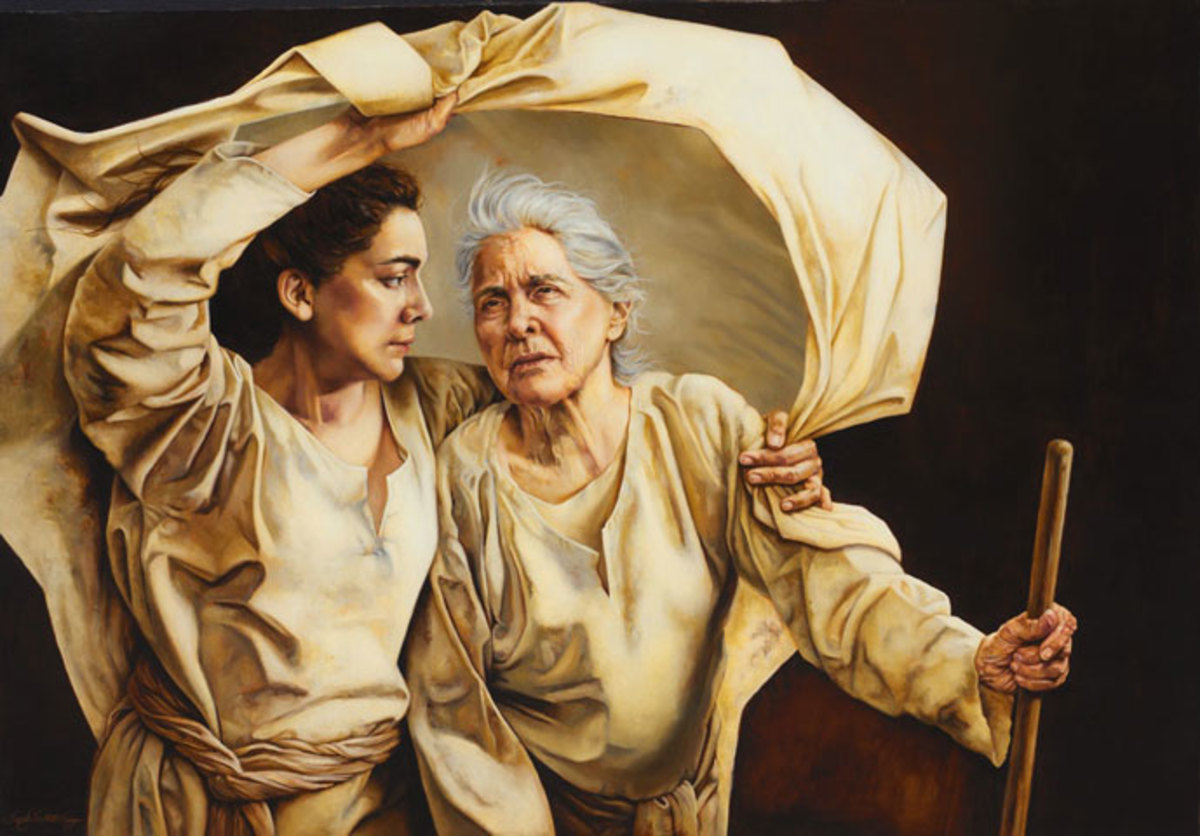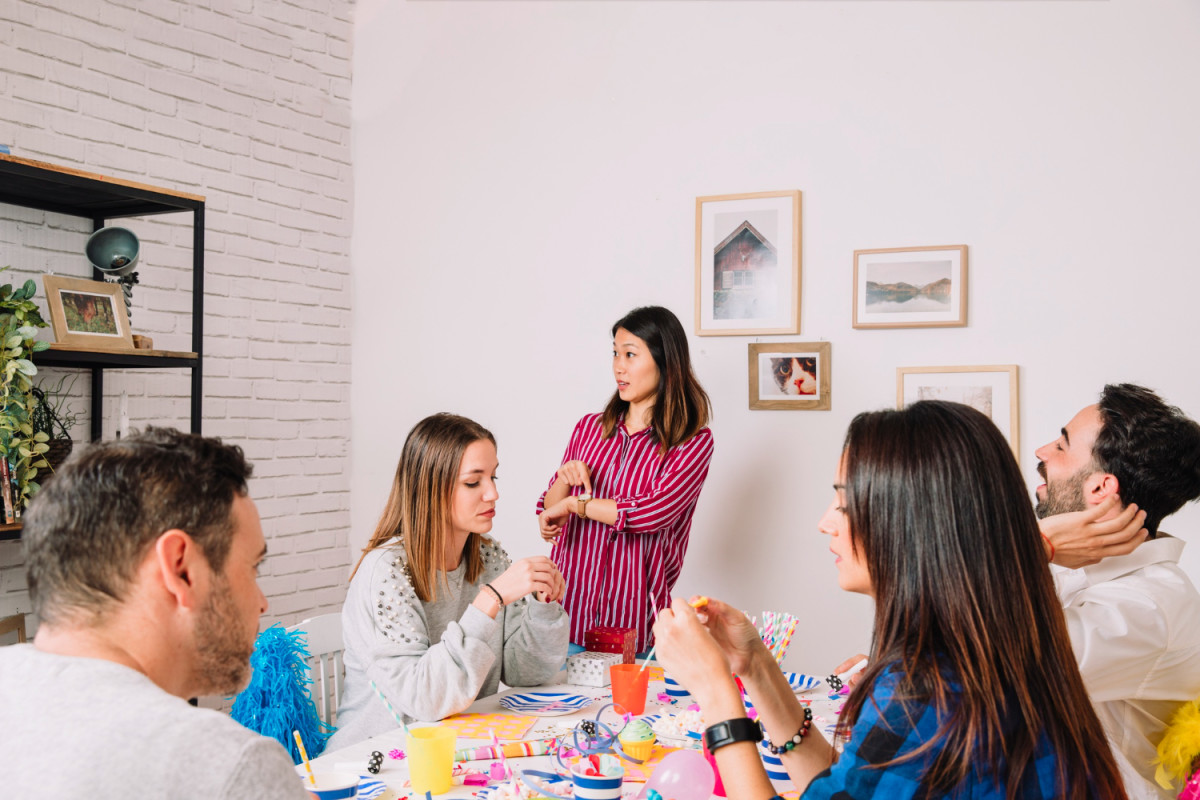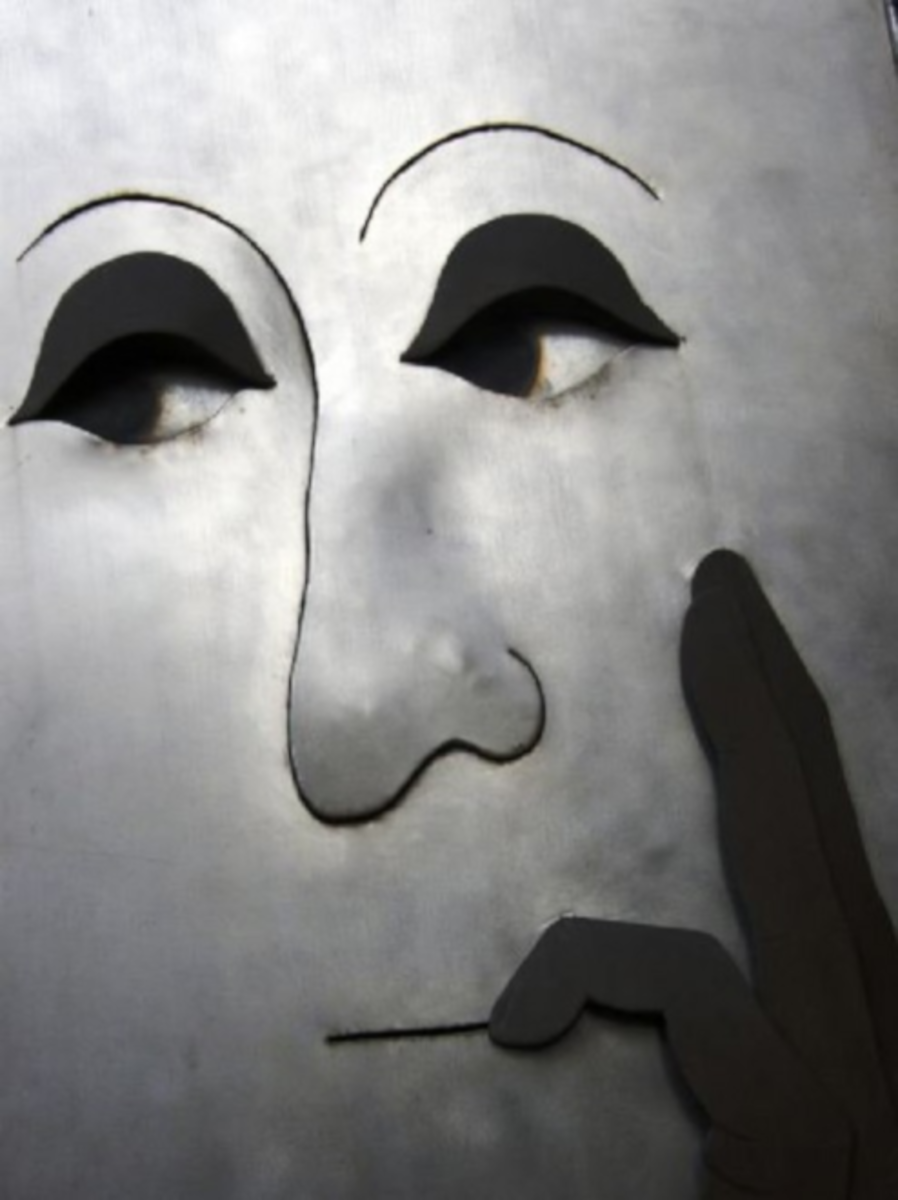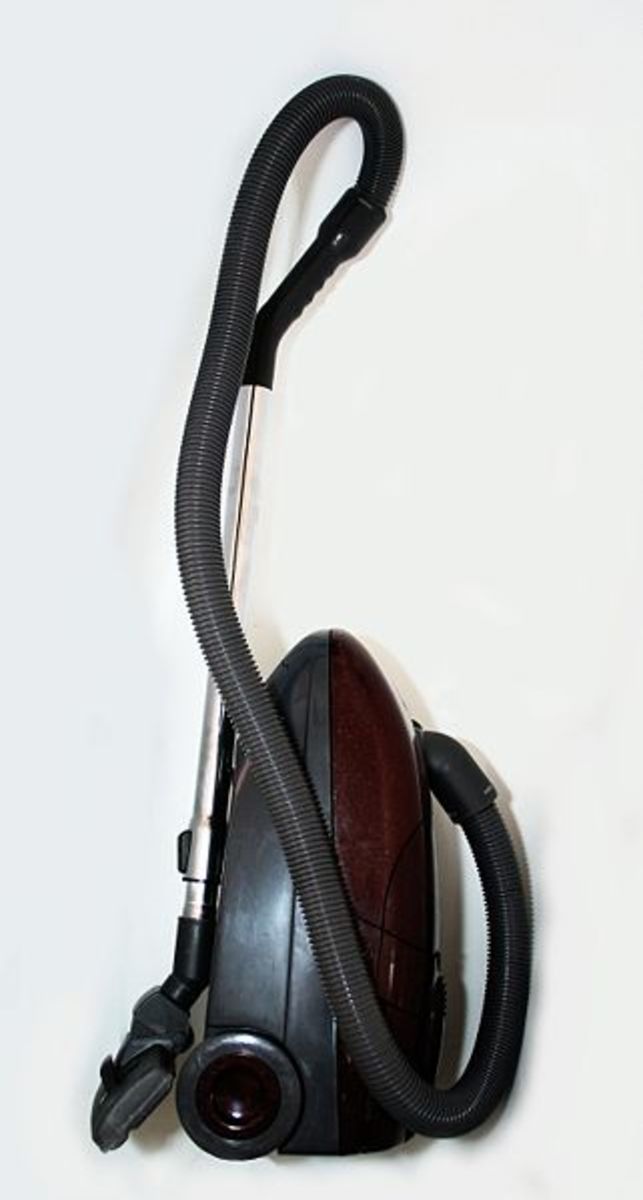Activities for those with Dementia
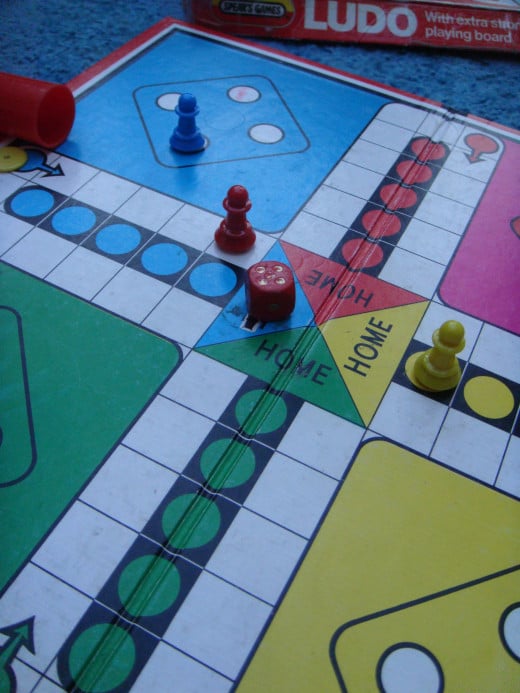
Dementia and Our Brain
Dementia is a condition which can affect anyone at any age, although more commonly associated with elderly people.
When a person has dementia, one or more areas of the brain are damaged. It then affects each person differently in regards to their behaviour, how they respond to people and how they recognise things. There are many types of dementia and it can sometimes be hard to diagnose someone with one particular type. They may have traits of many forms of it, or they may have more than one type.
The brain is divided into 6 main sections:
- Frontal lobe
- Parietal lobe
- Occipital lobe
- Temporal Lobe
- Brain stem
- Cerebellum
The different parts of the brain have particular roles to help us carry out day to day tasks.
The frontal lobe is at the front of the brain and this is the part which helps with planning and making decisions. It also controls our feelings and how we act accordingly to them.
The parietal lobe is in the middle and helps with skills and actions. This also make us conscious of our body movements.
The occipital lobe is at the back of the head. This is how we process information from our eyes and helps us to see and work out images around us.
The temporal lobe at the side is our understanding and memory. We learn and remember things, such as language and daily tasks.
The brain stem at the base of the brain operates our basic life functions, such as heartbeat, breathing and being able to swallow.
The cerebellum controls our movement, posture and balance.
If any one or more of these areas become damaged through the disease it could affect behaviour, memory and comprehension.
Different Forms of Dementia
Alzheimer's Disease
This is global which means it affects all parts of the brain. It will start from the outside of the brain, gradually affecting the inside, working down towards the brain stem. Because of this, someone with Alzheimer's will start to forget things and find decision making difficult. Eventually their vocabulary will decline and they will become lost, forgetting where they are and who other people are.
Vascular Dementia
This is usually caused if a person has had a stroke or a series of mini strokes. The blood clot caused by the stroke will cut off the supply of oxygen to one part of the brain. Their memory and judgements will be fine, but they may struggle with physical actions. If they have a larger stroke or more mini strokes they are at risk of declining further.
Lewy Bodies
Dementia with lewy bodies is caused when there is damage to the frontal, parietal and occipital lobes. Although memory may not be greatly affected, they will suffer with hallucinations and problems with balance. Patterned carpets may be confusing and appear to look like wriggly worms or holes in the ground, and a person with this may 'step over' these holes when they walk. A white toilet next to a white wall and floor will be invisible to them, so a clearly coloured toilet seat will help. Balance and getting dressed in the 'right' order may also be a challenge.
There are many types of dementia and stages of dementia, and every person is different. Frustration and aggression can result in damage to the frontal lobe, as well as focusing on a task and inappropriate behaviour. If the parietal lobe is damaged, reading and writing will be a problem, and damage to the temporal lobe will lose the ability to recognise what certain 'simple' objects are.
With this in mind, finding the appropriate activities to do with dementia sufferers is very important. Confusion and depression are very common, so mental stimulation is very important for quality of life. Although someone has dementia, they are still a person but will respond to new things as well as something which may trigger a memory from the past.
It is also vital to include the person with dementia rather than treat them as an outcast. This means giving care and comfort and a sense of belonging. If they become antisocial, allowing them to calm down or providing support is essential. Equally, if they are in the later stages and cannot communicate verbally and are more dependent, the relevant activities will provide the right support for them.
Group Activities
Some people respond to group activities better than others. If someone prefers a smaller group or one to one, then a bigger group activity may upset them.
Parachute
If the group are willing to sit in a circle, give them an edge of the parachute to hold. Stretch out the parachute and place balloons in the middle. Gently lift and drop the parachute to allow the balloons to go in the air.
This is good for bonding and physical activity. It can distract anyone who is distressed, although only do this activity for a short time if anyone has a short attention span.
Snakes and Ladders
Giant board games are good for groups and have clear markings to see better. Encourage each person to roll the dice (use a giant one) and move the counters along for them. Ask them to count with you if they can.
If someone is unsure about playing, do not make them come into a group or circle. Allow them to role the dice from wherever they are sitting. If they become frustrated, stop playing the game.
Rolling the dice is good for physical exercise and counting helps mental stimulation.
Famous Faces
Using picture cards to see if they can recognise and remember the famous person in the picture is good for memory. Ensure the people are well known from their era. One or two faces may be remembered.
Use quizzes to describe landmarks and allow each person to guess the place or landmark. Or use picture cards again of the well known land mark (such as Big Ben or the Statue of Liberty).
Old Films
Some dementia sufferers may respond well to watching an old movie. If they are of an older generation, then they may remember it when they were younger. Musicals such as 'My Fair Lady' or 'High Society' may be of interest.
Entertainment
Not every person with dementia likes a lot of noise or activity, but having some entertainment in a small group may appeal to some. Try having a singer so they can sing along to them or even get up and dance. Or organise a pantomime or magician. If the person with dementia lives in a care home or setting, the entertainment can come to the home.
Smaller Group or Individual Activities
Talking to the person with dementia or their relatives about their interests and the past may help to get an idea of what they may like to do. Find out what job they once did and include that in an activity, or if they bought up the family, cake baking or dress making could be a nice idea.
It is important to carry out a risk assessment before letting them loose with sharp objects or a hot oven. Using play dough or getting a dress maker's dummy to dress with clothes may be a safer option.
For those who do not like the fuss of big activities, books with pictures such as gardening, wildlife or automobiles may be appropriate. Or play music which may interest them such as jazz or classical.
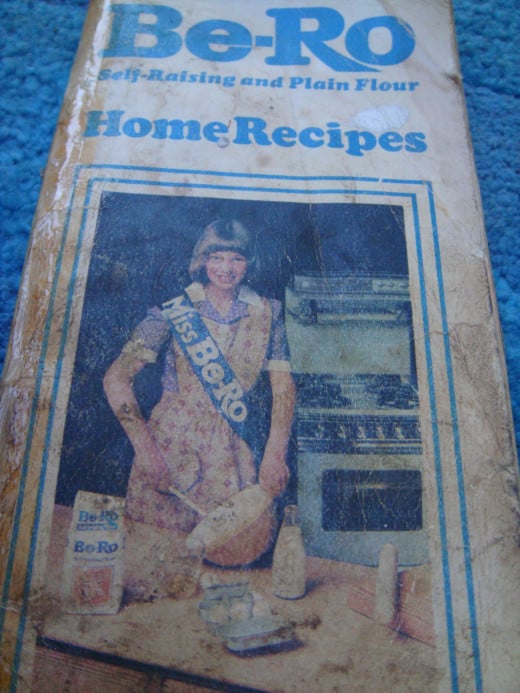
Other Ideas Include:
Gardening
Take them to the garden and either give them a patch to plant in, or sit them at a table to do up pots.
Colouring
This appeals to some more than others, but colouring in pictures and be relaxing and rewarding.
Cards or Other Games
If they can play card games then give them a game. If it is slightly too difficult for them, try matching up dominoes or play noughts and crosses.
Arts and Crafts
Get out cards and decorate with stickers or gems. If it there is a seasonal event (Christmas or Easter) make decorations out of paper or card.
Reminiscence
Use a corner of a room for times gone by. Design a 1950's living room with patterned wallpaper, old television, radio and lamp. Or try an old pub with a piano, bar and dart board.
You could also set out objects which may be of interest. Old fashioned telephones, a box of ties, cuddly toys, dolls, tool set (use plastic ones for safety) or a box with old ration books from the war and old fashioned cereal boxes and cook books from that time.
Rem Pods can also be purchased which are portable pods. They open up to reveal a section of a living room, pub or even a cinema (all in working order!).
If those with dementia are in a care home, the doors may be locked for their safety. This prevents them from getting lost or being in danger.
This can also make them feel trapped and unhappy, especially if they do not recognise where they are.
Always having things going on can help with distractions, as does taking them out. Walks in the park (or take them in a wheelchair), to the garden centre or shopping centre can relieve the tension.
When they are inside, if they walk around a lot they may feel as though they need to get home. By placing bus stops at the end of corridors with seats may make them feel as though they have that way out. Give them a bus pass to keep in their pocket.
This may work for some, but not for others as everyone is different and each type of dementia affects you differently. If the person is angry or upset, walk near to them to check they are okay rather than ignoring them or excluding them. They may not want you there so keep a distance to give them a little space.
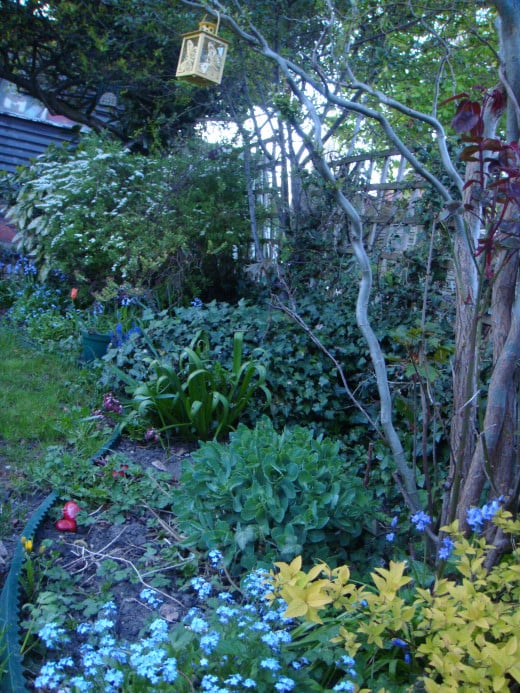
Link
- Sensory Rooms for Children with Special Needs
sensory rooms are calming and relaxing environments designed for special needs children and adults with disabilities. The use of light, smell, taste and touch help with learning and concentration and can be very beneficial for users.
Sensory
Sensory equipment can be good for some people with dementia. Objects which are tactile may feel good to touch or hold. These could be crinkly toys, bean bags or books.
Sensory rooms can be calming. Low wattage fluorescent lighting in a darkened room can awake senses. Bubble lights, lava lamps and fairy lights can be relaxing and help with communication and mood. Even those who are unable to use speech and have little mobility can benefit greatly.
Soft music or bird songs can bring nature and have a calming effect.
Smells from aromatherapy can be relaxing such as lavender, or invigorating such as lemon. Use oils (but not candles) and diffusers.
Multi sensory can be used in the garden as well, such as having textures on handrails, water fountains and ponds, bridges, wind chimes and plenty of plants with smells and sounds in the breeze.
Animals
Animals can be comforting to some people with dementia, but not with everyone. If they like dogs or cats then let them stroke them. Have rabbits out in the garden to look at and hold and have relaxing fish indoors.
Activities do not have to be planned and big events. Just sitting with someone can be enough to fulfill their need. Paint their nails or rub in some hand cream for a 'pampering' session.
Some like to have a chat or just have someone there to talk to, while others like to be out and about.
Person centred care is about putting their needs and wishes first without focusing on the fact that they have dementia.
© 2013 Emma Kisby

